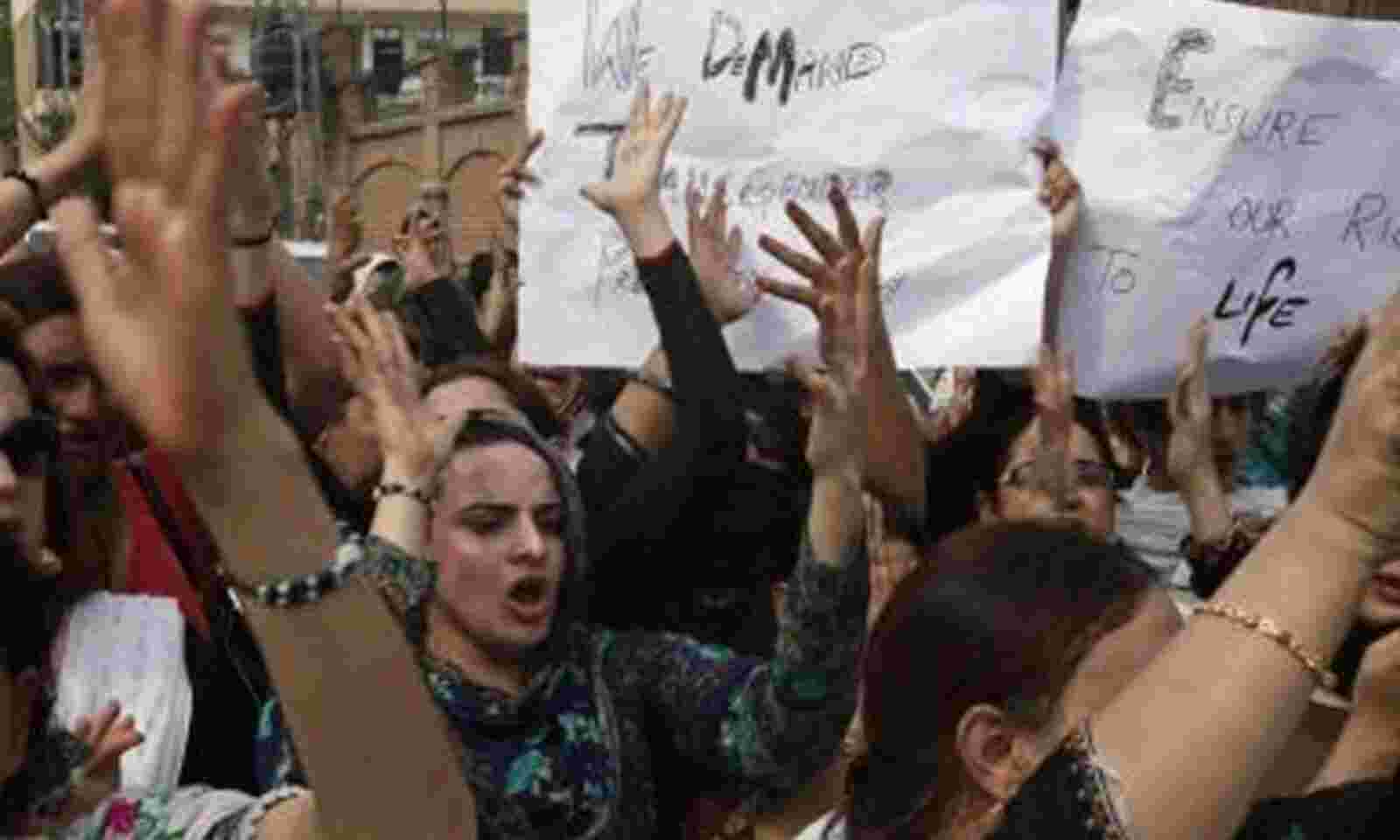
Nearly a month has passed since the protests over the grossly inflated electricity bills in PoJK ignited passion nationwide. While PoJK produces more than 4,000 MW of electricity that lights up the homes of Army Generals in Punjab and the rest of Pakistan, yet it is not allowed to consume more than 350 MW for itself.
Protests against repeated human rights violations in the region have been pushed back in the past through forced, unnecessary violence and open firing by the Pak Army resulting in hundreds of casualties. Though the Army yet again has employed the same brutal techniques to silence the poor people, it is for the first time all classes of people across the country stand undivided against the Army demanding subsidy in electricity and other relief measures.
PoJK citizens have termed the cowardly act of open firing upon citizens, an “act of state terrorism”. They no longer care if they are put behind bars, squashed and killed by the forces indiscriminately, or booked under the terror law. They have been forced to storm major connecting roads to Islamabad just to be heard. Pakistan has sworn not to spare the lowest strata of the society, the illegally occupied territory of PoJK, by imposing the KESCO tariff which has increased the cost of electricity from PKR 16 to 22 per unit. In doing so, the government has violated the WAPDA agreement between the Federal and PoJK administrations.
On the face of it, Pak authorities like to present PoJK as “Azad Jammu- Kashmir”, but history is witness to the trauma, killings, cattle treatment, land encroachment, and plundering of resources it has caused in the region. This isn’t the first time they have broken their promise to the citizens.
The monthly electricity bill has drained anywhere between 20 to 50 percent of people’s incomes. The PoJK citizens are virtually unemployed due to the labor influx from mainland Pakistan or living in penury because all the major sources of earnings such as forest resources are under the federal government’s rule. The colonized region is at the mercy of Pakistan for the essentials of life like flour and clean drinking water. Those who have tried to migrate to bigger cities are only allowed menial jobs to maintain the status quo with the rest of PoJK residents.
Pakistan has pushed PoJK to the verge of almost suicide. There was a time when threatening, baton-charging, extrajudicial killings, and all forces used by
the Pak Army would scare them. Now, the residents have few cares left in the world, as they believe there is nothing left in PoJK to live for. Video footage reveals piles of electric bills set on fire. Angry protesters at Rawalkot were not convinced by the committee set up to look into the matter, instead, they declared that the agitation would continue until “all unnecessary and cruel taxes” were withdrawn in PoJK and Gilgit-Baltistan.
In Hajira (Poonch) the common man has blocked the roads observing the sit- in protests for more than 100 days against expensive flour and electricity. In Skardu, people are chanting “death to the oppressors”, specifying the name of the Army Chief, Asim Munir, in their laments. The protestors shouted slogans against the royal privileges of the ruling elite and called for a complete civil disobedience movement.
It is disappointing that the powers that be seem completely ignorant of the gathering storm. However, they remain occupied with their own agenda. The Army should be an institution that dedicates its services to the protection of the people, and not an organization that bullies people, grabs their land and resources by force, and creates and disposes governments on a whim. Growing public unrest has simply added to the multiple challenges the state confronts.
The PoJK diaspora in the West has been speaking against the Army’s monstrosity for decades and finally, the veil has been lifted before the international community. From media censorship to extreme surveillance on internet activity, the Army has previously done everything to hide the ground realities of PoJK. Journalists have been fatally attacked, threatened, and murdered for the PoJK cause. Yesterday’s call for protest in PoJK against the inflated electricity bills, load shedding, water bills, and other issues attracted the likes of people across socio-economic status, political parties, and non-PoJK residents. 52 union councils witnessed closure in a complete wheel jam and shutter-down strike. Pakistan has not learnt from Bangladesh (formerly East Pakistan) when it eroded the trust of Bengalis. After its dismemberment in 1971, it has again set itself for another two major defeats in PoJK and Balochistan. Rather than suppressing the weak, the country should take on the rising TTP monster which has the potential to completely swallow them.






